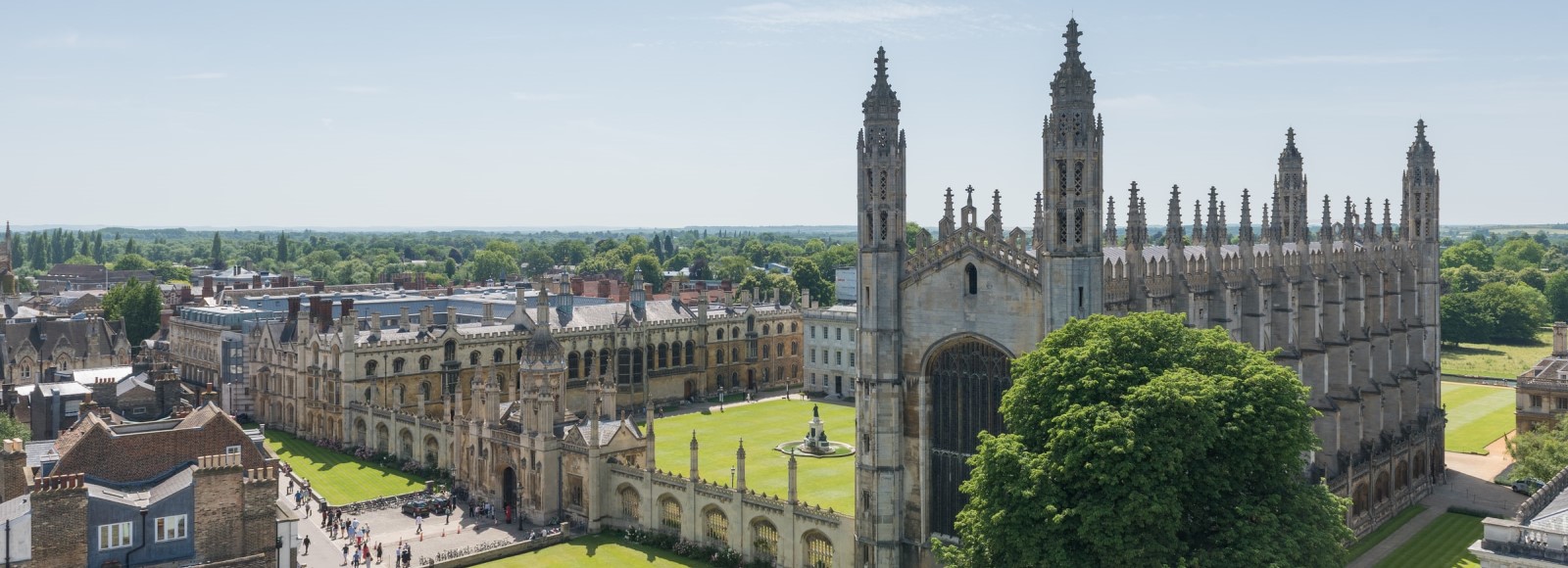- ...
Masters Compare - Find your perfect masters course.

 My name is Edith Julieta Sarmiento-Ponce, and I am a third year PhD student at the Department of Zoology. I studied my undergraduate in Mexico, and my Master in Research in Marine Mammal Science at the University of St. Andrews in Scotland.
My name is Edith Julieta Sarmiento-Ponce, and I am a third year PhD student at the Department of Zoology. I studied my undergraduate in Mexico, and my Master in Research in Marine Mammal Science at the University of St. Andrews in Scotland.
My research focuses on understanding the pathways that regulate phonotaxis in female crickets. Phonotaxis is the behavioral process in which male crickets of the species Gryllus bimaculatus emit a “calling song” by rubbing their wings together, with the objective of attracting a mate. In order to reach the females, the calling sound has to be significantly loud, reaching up to 95 dB (comparable to the intensity of a lawn mower). If the female hears the call and finds it attractive, she will approach the singing male. The male will then commence a courtship song with the same intensity but higher frequency, in an attempt to convince the female to mate. I quantify the females’ response using a trackball system in the lab. We also analyze how the effect various acoustic parameters, such as the frequency tunning, sound intensity, and song pattern, influence on the phonotactic behaviour.
The University of Cambridge has numerous training courses, such as scientific writing, presentation skills, reference management (Endnote, Mendeley), digital imaging edition (Photoshop),vector graphic edition (Illustrator), statistical training, first aid courses, and many more.
For instance, I am a certified St. John’s Ambulance First aider. As a PhD student you will have the opportunity to gain teaching experience during the “supervisions”. During this personalised tutorials, undergraduate students receive direct feedback about weekly essays, and they reinforce the knowledge acquired during the lectures. Another teaching opportunity are the “demonstrations”, these occur during laboratory practical sessions. As Demonstrators, PhD students are in charge of simplify any complexity on the hand-outs, and ask questions to the students during the experiment in order to encourage them to think about what is happening. Both supervisions and demonstrations are paid positions by the Department of Zoology. Attendance to Conferences is highly encouraged in order to improve our public speaking skills. I have presented my work in Cambridge, London, Denmark, and Argentina.
The College system in Cambridge is one of my favourite aspects. I am a member of Newnham College, which is one of the three female college at Cambridge. I have had the opportunity of being directly involved with college life, taking up the role of Social Secretary at the MCR (Middle Common Room) last year. We organised many events including bops (nightclub-style events), Latin Parties, swaps (formal dinners in other Colleges), punting days, day trips to other cities, among many others.
Being part of a College is not just an affiliation, but they become like your family, you will meet people that will stay your friends for life.
The University of Cambridge has a great variety of Student Societies, such as First Aid, Charities, Music, Drama, Politics, Photography, and Sports (rowing probably the most popular sport). There is a society for everyone! This year, I am participating as the Treasurer of the Cambridge University Photographic Society.
The Department of Zoology offers numerous opportunities for graduate projects, including field and lab based research. I feel that working at the Department of Zoology is the best academic decision I have ever made. My supervisor is very supportive, all the staff are friendly, and I feel encouraged to explore my full potential as a researcher in this Institution. I am grateful for being part of this superb Department.
Find out more about the Claire Barnes Studentship opportunities.

...